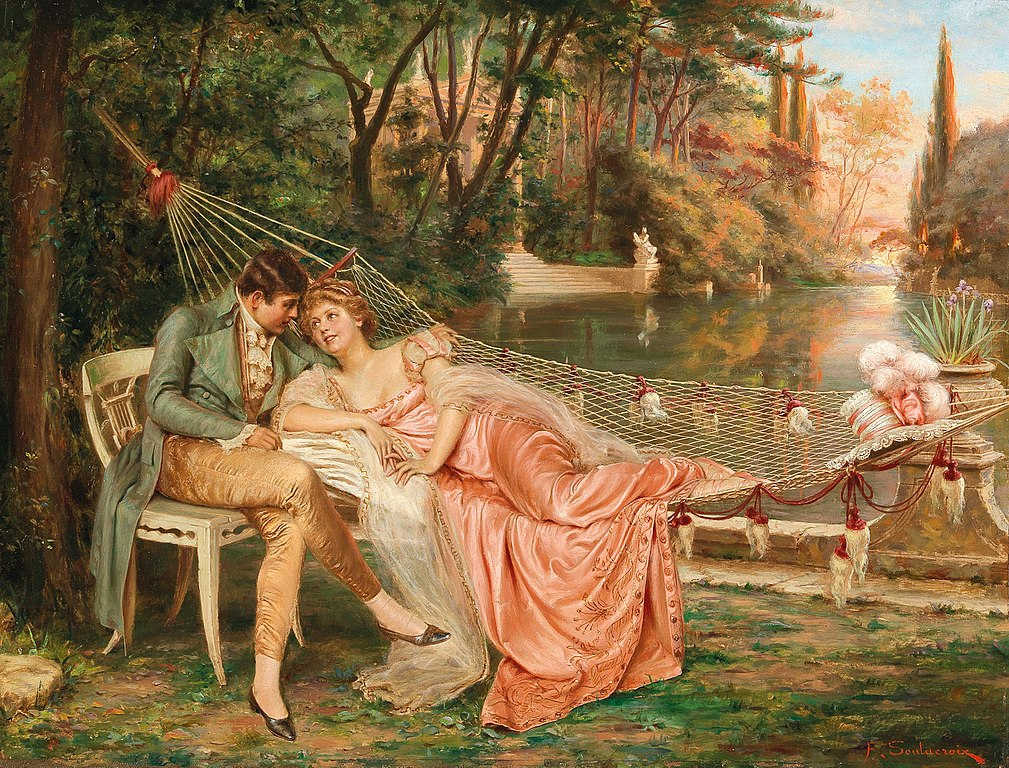
belamour
n. a glance or look of love
oeillade
n. an amorous look
leman
n. one beloved
kilig
adj. exhilarated by a romantic experience

belamour
n. a glance or look of love
oeillade
n. an amorous look
leman
n. one beloved
kilig
adj. exhilarated by a romantic experience
heart-whole
adj. not in love
epinician
adj. celebrating victory
rovery
n. an act of straying in thought
peripeteia
n. a sudden turn of events or an unexpected reversal
algedonic
adj. pertaining to both pleasure and pain
In the 1934 US Open Championship at Merion, Philadelphia, [Bobby Cruickshank] was leading after two rounds and going well in the third round. His approach to the 11th hole was slightly spared and to his dismay he saw the ball falling short into the brook which winds in front of the green.
The ball landed on a rock which was barely covered by water, rebounded high into the air and landed on the green. Cruickshank jubilantly tossed his club into the air, tipped his cap and shouted ‘Thank you, God.’ Further expressions of gratitude were cut short as the descending club landed on top of his head and knocked him out cold. He recovered his senses but not the impetus of his play and finished third.
— Peter Dobereiner, The Book of Golf Disasters, 1986
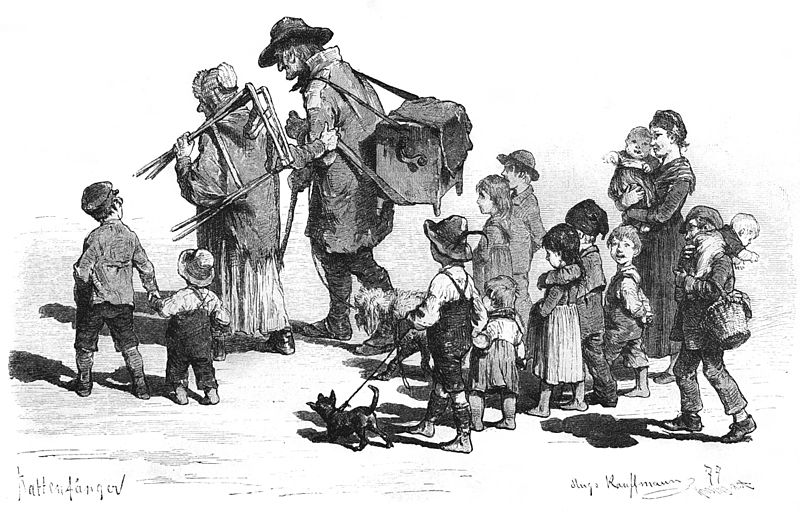
proletaneous
adj. poor and having many children
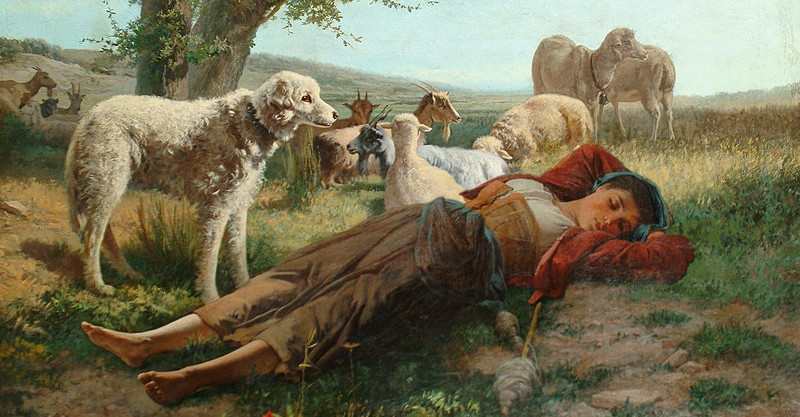
somniculous
adj. drowsy
obdormition
n. a falling asleep; the condition of being asleep
somnifery
n. a place of sleep
libken
n. a place to sleep in
expergefacient
adj. awakening
sitzmark
n. an impression made in snow by a skier falling backward onto his or her backside
jouisance
n. use or enjoyment
Barmecidal
adj. giving only the illusion of plenty
cacœconomy
n. bad management
furibund
adj. irate
The residents of the parking-challenged Hampshire town of Farnborough were delighted in 2016 to learn that a fully equipped car park had been lying unused for five years. The bad news: It could be reached only on foot. It resides on a roof above a gym complex.
Under the plan, motorists would reach the facility via a bridge from an adjoining property. But that site was still under development.
“We have a massive problem with car parking in Farnborough,” councillor Gareth Lyon told the Independent. “To have had this huge car park lying empty defies belief. It is ridiculous.”
(Thanks, Charlie.)
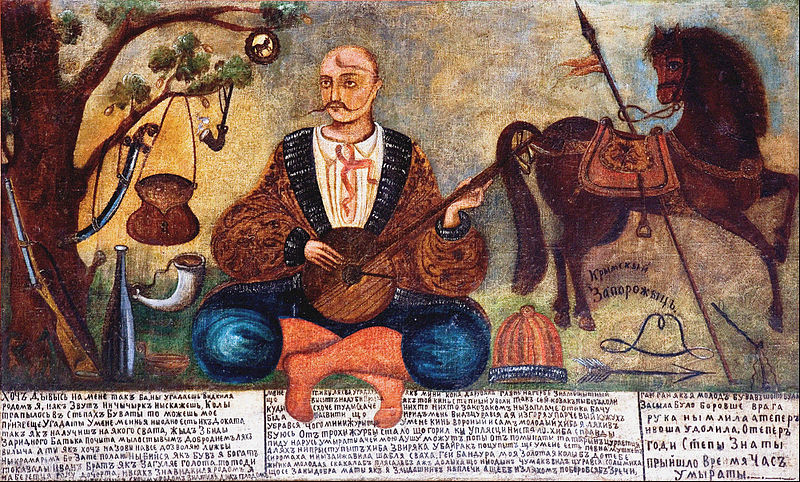
fidicinal
adj. of or pertaining to a player on stringed instruments
cimicine
adj. smelling of insects
hircinous
adj. smelling like a goat
suaveolent
adj. smelling sweet
alliaceous
adj. smelling like garlic or onions
puant
adj. stinking
macrosmatic
adj. having a well-developed sense of smell
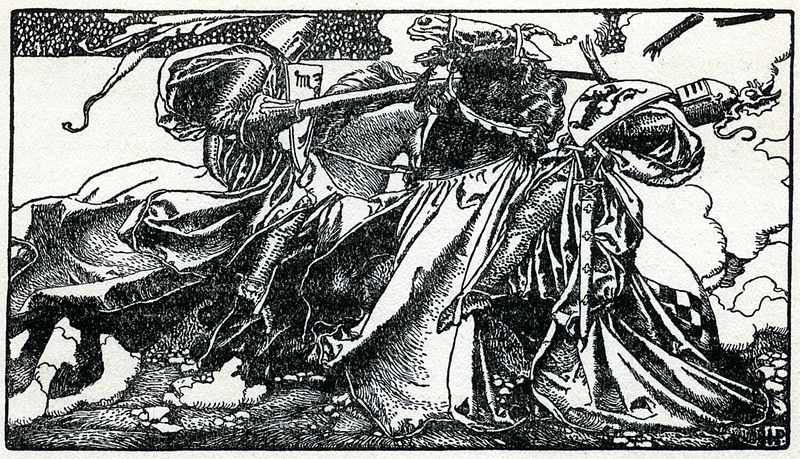
hippomachy
n. a fight on horseback